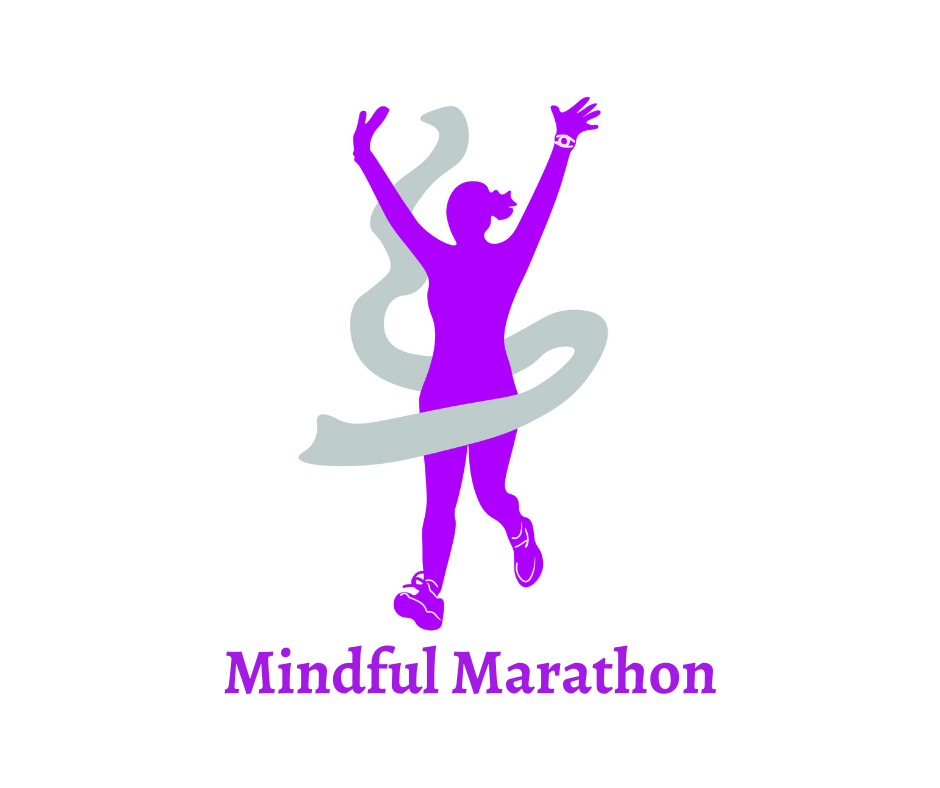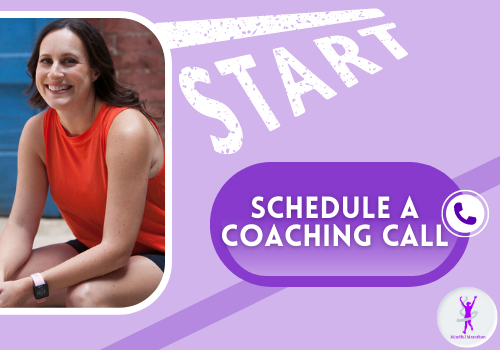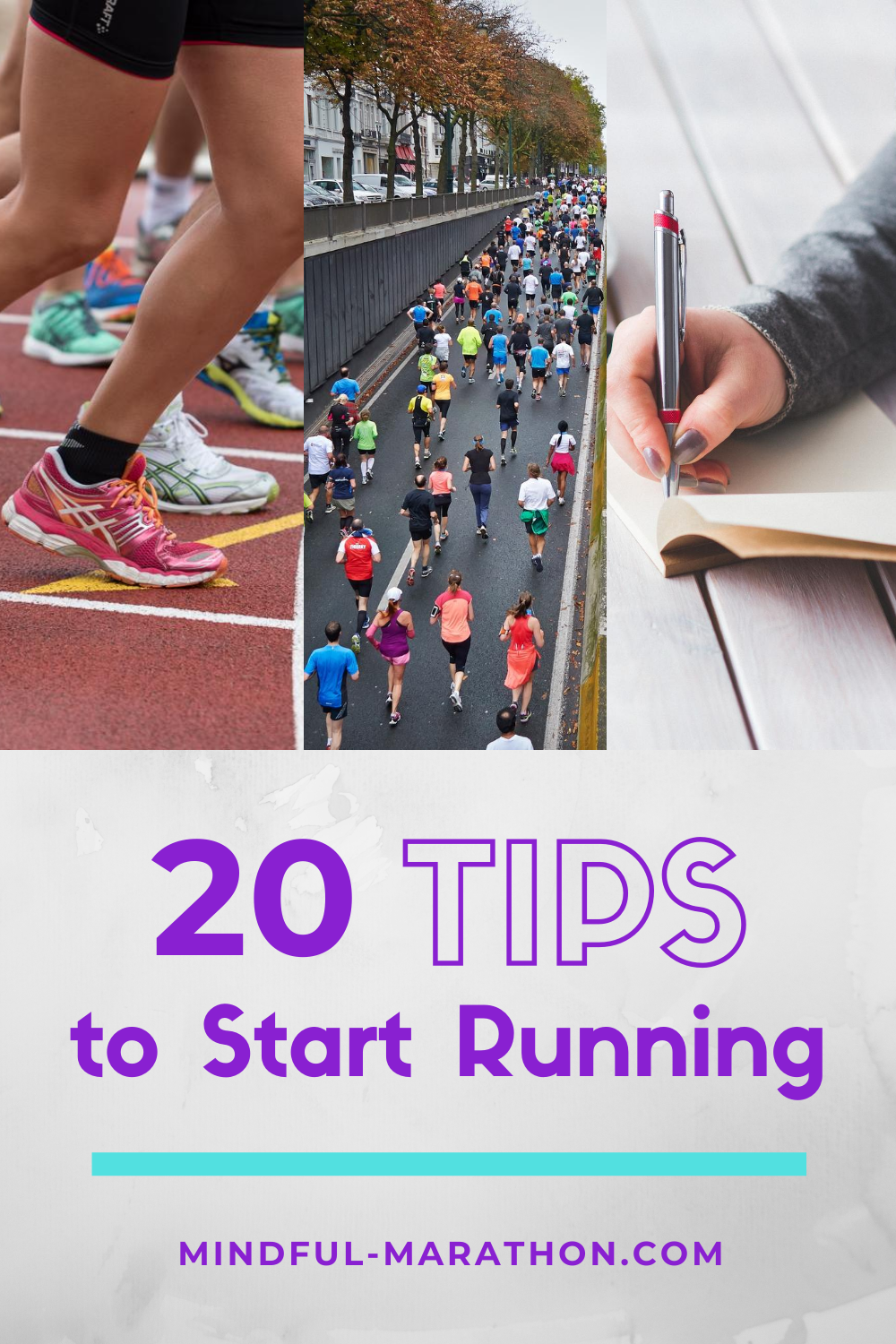20 Tips to Start Running
If you find yourself wanting to start running, I recommend these 20 tips to set yourself up for success! I remember what it was like to feel discouraged and stuck when I started out, simply because I didn’t go about it in the right way. Instead, let’s get you started on the right foot!
1- Find your why
Before we even lace up our sneakers, let’s look into our motivation to run. Whatever our reasons, the motivating factor is important. It is what we can look to when training gets tough, when we want to throw in the towel and nap on the couch instead of hitting the treadmill. Find your why, and you will find how much easier it is to keep moving forward toward your goals.
2- Free your mind
Before we start running, let’s erase any preconceived notions of who is a runner and who is not a runner. The idea that you have to be a certain size, shape, height, or build, that you have to be fast, that you have to go a certain distance - let’s do our best to let go of these thoughts. If you run, you are a runner.
3- Start a training journal
Delve into your thoughts about running via pen and paper:
Why do you want to exercise?
What do you like about exercise?
What is your running goal?
The training journal is a great place to track your running. After a run, I usually take 5 minutes and mark down a few things: date, time of day, weather including temperature and dew point, and how the run felt for me.
4- Share your goal
If we write down our goal, studies show we are much more likely to achieve it. And, if we take that one step further and share the goal with a friend, we set ourselves up for even greater chances of success in achieving the goal. So share away and tell your bestie or post your goal on social media!
5- Gear up
Arguably, the most important piece of equipment we need to start running is a pair of sneakers! I would recommend taking yourself to the local running store to get fitted for a pair of running sneakers. This is a very individual process, and there are many pieces to consider when picking the correct shoe for you.
My favorite go-to sneaker will probably not be your favorite, and vice versa. During the pandemic, many stores have been offering virtual fittings online, and as stores begin to open in your neck of the woods, it may be possible to make an appointment for a personalized fitting. Most local stores have a treadmill, so you can be observed while jogging. This helps in determination of gait which may influence choice of shoe.
6- Wicking for the win
Wicking materials such as nylon and polyester draw moisture away from the body as we run, keeping us dry. Keep in mind that cotton absorbs moisture, trapping it against the skin which can make the clothing quite heavy and uncomfortable.
7- Sports bra
Second in level of importance to the sneakers, for my ladies out there, I’d recommend investing in a great sports bra! For the bigger busted among us, it has been a challenge to find what works. As in, you will know if the bra is not working, because you will be sore in the chest area for days after your run.
I love the Enell brand, and even wore it for my sprint triathlons. It held up well over many lake swims!
8- Commit to your workouts
Get organized with a planner! On the weekend prior to my upcoming week, I take some time to sit down, have a look at the schedule for the week ahead, and decide when I will exercise. I tend to write in my work schedule, family commitments, coaching calls, and other appointments, and then write my workouts right into the planner.
Not only does this help to keep me organized, but it removes some decision fatigue which is often what trips us up at 5am when faced with exercise or sleep. If I know ahead of time that I’ve got an early morning run scheduled, I also know that I have to get to bed earlier the night before the early morning.
9- Pick a goal race
Signing up for a race can be great motivation to follow a training plan and to be consistent with your training! It is tough at the current time given the cancellation and postponement of many races due to COVID-19, however, many races have gone virtual.
A virtual race means that we can run or walk the chosen race distance: wherever and whenever we want. Often, the goodies that we would normally receive at the race (bib, shirt, medal) will be shipped right to us. It’s the honor system as far as completing the distance to earn the swag.
A helpful website is runningintheusa.com, where a search can be easily completed to find a race based on a variety of criteria from month, specific date, or distance. Think of the race as a celebration of your training!
10- Identify your blindspots
A common misconception is that running coaches are just for experienced or long distance runners. It took years of running before I considered asking a coach for assistance, simply because I thought, “A coach would not want to work with me, because I’m a slow runner.”
Turns out, coaches work with runners of all levels, whether the goal is to get moving a few times a week, or to run a certain distance for the first time.
After working with my coach, I realized there was a better, easier, and more efficient way to start running and to improve safely and effectively. He helped me to see what I couldn’t.
11- Don’t go out too fast
When I started running, you would have thought I was trying to win an Olympic medal, huffing and puffing my way home with a beet red face a few times a week. It hurt, and it wasn’t that fun. I wasn’t really getting any faster even after sticking with it for a few weeks.
Had I known then what I know now, I would have told myself that while I appreciate the eagerness to run farther and faster at each workout, that there is a physiologic and psychologic approach to ensure success and staying in it for the long term. It is not failure to slow down.
12- Keep it attainable
Set yourself up for success with easily attainable goals regarding time commitment to start running. One of the most common mistakes among beginner runners is to start out much too fast and to go out for far too long. This often results in a feeling of defeat or discouragement at not being able to keep up the pace for such a long period of time and can lead to soreness and injuries.
Instead, pick an initial goal that is something reachable given our busy schedules. For example, “This morning I will try jogging for 10 minutes.”
13- Let go of past thoughts
Growing up, I was the kiddo struggling to get done with the mile run in elementary school, huffing and puffing my way around the track, and walking the last lap or two. There’s no way any cross country or track coach was going to reach out to me and say, “Maybe you should consider running.”
My mind fed me some of these thoughts: “You’re not a runner. You can’t even go a mile. You’re not fit enough. You’re not small or lean enough.”
These past thoughts about running tend to come up for beginners when they start running. Perhaps there is a past trauma associated with running. Maybe running was used as punishment during involvement in another sport growing up. It is important to recognize these thoughts and write them in our training journal as the first step in letting go of them.
14- Make up a mantra
Mantras are a regular part of my running. A few words, a phrase, a quote, a music lyric - they help to provide a focal point when the going gets rough. A mantra has the ability to bring us back to the present when the mind starts to wander down some negative thought loops.
Here are some examples:
“One foot in front of the other.”
“Run the mile you’re in.”
“This hill is tough, but I am tougher.”
15- Before we run, we walk
To start running, sometimes, we must first take a walk. Walking consistently will help to bring us many steps closer to our running goal.
Grab your free, 4 week Couch to Confidence Walk Plan below.
16- Start by starting
It doesn’t have to be perfect. We must decide to start running, and then take action. We can lace up our sneakers and get out there, even if it is just for five minutes at a time.
Small steps forward will still move us in the direction we want to go. If we take small steps consistently, they add up quite quickly.
17- Express gratitude
Wherever we are in our running and fitness journey, let’s be grateful to be right where we are. When we show up for our next training run, let’s be grateful to be there too, even if and when a workout doesn’t go as well as planned.
Every runner struggles, and every runner has a difficult workout from time to time. Instead of focusing on the negatives, let’s write the details of the workout in our training journal, and then move on, celebrating our current fitness and the ability to move our bodies.
18- Recognize the importance of rest
Sometimes we bolt from the start line and try to do too much, too quickly, for too many days in a row. Listening to our bodies is an important part of any exercise program. Recovery days are just as important as training days. Planning to get enough sleep each night, and taking rest days each week, will help our bodies adapt to training and prevent injuries.
19- You are a runner.
Don’t give up. I’m willing to bet that some of you read #19, and thought, “Certainly not me.” But if you are reading this blog in the first place, it’s in you!
I started and stopped and started again with running many times over before it stuck for good. If you decide to run and take the step to lace up your sneakers, you are a runner.
20- Get a coach
It is important to remember that change doesn’t happen overnight. Embarking on a fitness journey is a marathon and not a sprint. Let’s be patient with ourselves.
Be sure to take it one step at a time. Don’t be afraid to ask for assistance!
In addition to customizing training to each individual, a running coach can provide accountability and help us achieve our goals in a way that is safe, supportive, and motivating.




